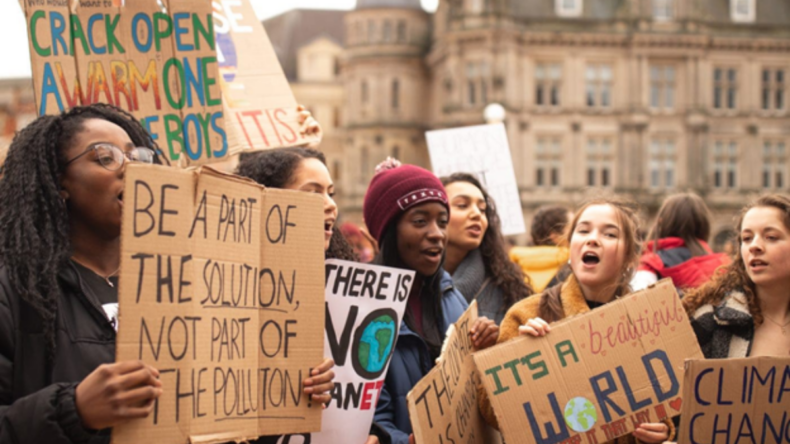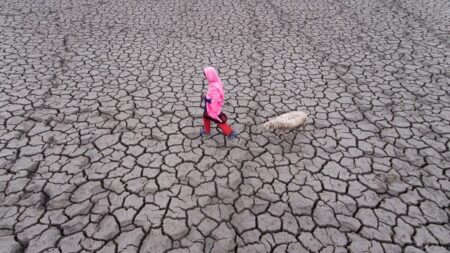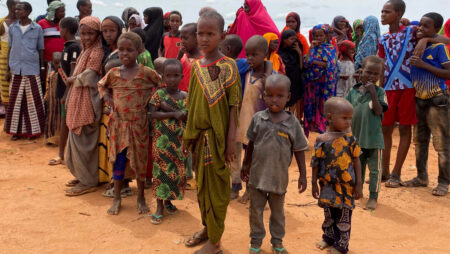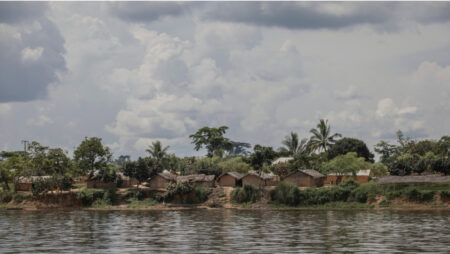Right to a clean and safe environment: A fundamental human right being neglected.
The core concept of human rights emerged after the second world war, yet the right to a clean and healthy environment was never a priority amongst those rights. In recent times, this right is taking the front seat as it is gradually unfolding into a hot topic for debate.
Introduction
Violation of the right to a healthy environment is pragmatically a violation of the fundamental right to life. It is a prerequisite feature of the right to life for human beings and every living creature on the planet.
Cohabitating in a clean environment does not count as a privilege; it is indeed a fundamental human right, which means that everyone on this planet has the claim to co-exist in a clean and sustainable environment. This shared knowledge is eventually addressed by the United Nations Human Rights Council (UNHCR).
Enactment of the right
The council unitedly proposed acknowledging a clean, safe and feasible environment as a universal right in Geneva, Switzerland.
Should this be endorsed unanimously, it would be the first of its kind in nearly 70 years since the adoption of the Universal Declaration of Human Rights by the UN General Assembly in 1948.
In pledge 48/13, the UN council solicited several states around the globe to come forward to support the implementation of this newly acknowledged right.
The proposal is brought to the table by Costa Rica, the Maldives, Slovenia, Morocco and Switzerland and passed with 43 voices supporting the new, exemplary implementation. Four countries, namely, Russia, India, China and Japan, withheld the voting.
Also, through a second resolution (48/14), the council also considers extending its emphasis on the human rights impacts of climate change.
The executive director of the United Nations Environment Programme (UNEP), Inger Anderson, was acclaimed in favour of the new development. She even summoned the UN member states to contemplate a parallel resolution at the General Assembly.
The resolution focuses on the rights to life, freedom and security of human rights supporters working in environmental affairs. These environmental supporters worldwide are targeted and attacked physically and are subject to legal action, smear campaigns and detentions.
The previous year, nearly 227 environmental activists were presumably executed throughout the world, as per the reports of Global Witness.
This alarming data is another striking reminder that battling the climate emergency comes with an overpowering hardship for people who willingly risk their lives to save the components of nature, including forests, rivers and biospheres.
Bold action for natural effect is necessary.
The United Nations High Commissioner for Human Rights, Michelle Bachelet, summoned all the states members of the council to take immediate ‘bold actions’ to provide precise and actual effect to the right to a healthy environment.
She also expressed gratitude as the decision patently acknowledges environmental deterioration and climate change as interconnected human rights crises.
She also added that bold action is now necessary to ensure that this resolution on the right to a clean environment suffices as a catalyst for reframing economic, social and environmental policies that will safeguard people and nature.
The new solution addresses the harm wreaked by climate change and the ecological degradation of the world’s population.
The matter is considered to be forwarded to the UN General Assembly in New York for further contemplation as the triad of climate change, nature loss, and pollution can be considered as the most substantial human rights threat of this generation.













